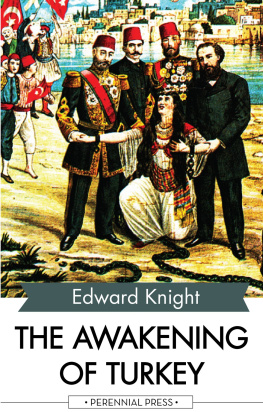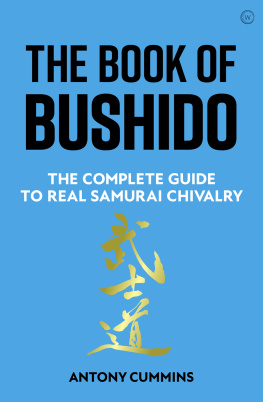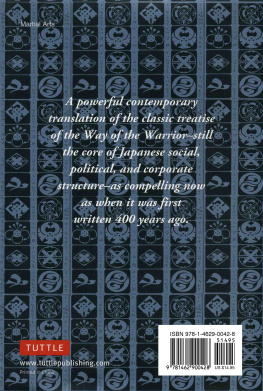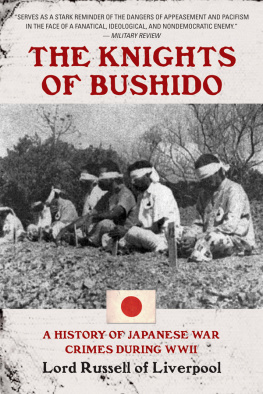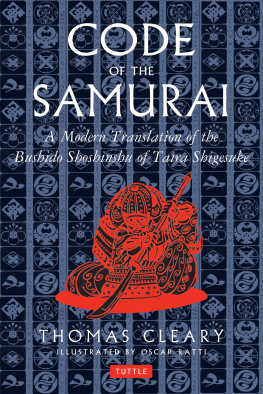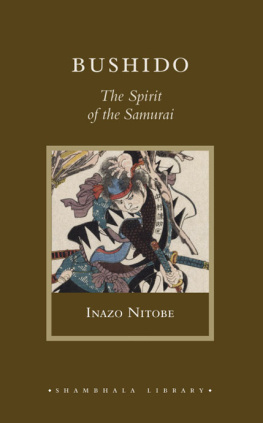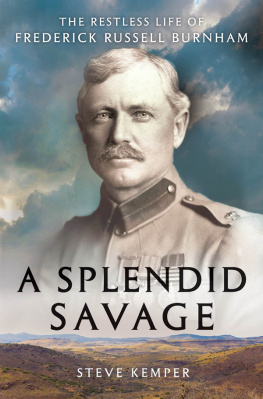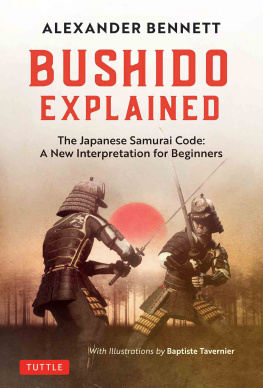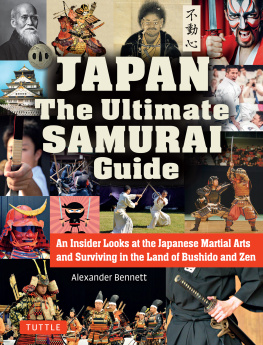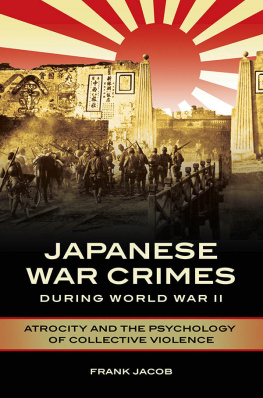THE TURKISH PEOPLE
T URKEY, ONCE SO VAST and powerful, has been undergoing a gradual dismemberment for the last two centuries. Possession after possession has been wrested from her in Europe, Asia, and Africa. On the mainland of Europe, having lost Greece, Bulgaria, Roumania, Servia, Bosnia, Croatia, and Herzegovina, as well as those regions on the northern shores of the Black Sea (once a Turkish lake) which now form part of Southern Russia, Turkey is left with but a narrow strip of territory stretching across the centre of the Balkan Peninsula from the Black Sea to the Adriatic.
The despotic system of government in Turkey worked well enough so long as she was a conquering and expanding nation; but so soon as she ceased to be this, and was hemmed in by Christian Powers strong enough to check her advance, the system, being incompatible with progress, failed to hold the Empire together and disintegration set in. The internal disorders caused by the evils of her administration and the cupidity and treachery of her powerful European neighbours threatened Turkey with extinction. Russia and Austria waged successful wars against her and possessed themselves of her frontier provinces, and at the same time the disaffected Christian populations of European Turkey were encouraged to rise and gain their independence. So it came about that Greece, Bulgaria, and other kingdoms and principalities were carved out of Turkey, and up to within a few months ago Christian peoples within and without her frontiers were quarrelling over a further projected act of spoliation that would indeed have been for Turkey the beginning of the endthe partition of Macedonia.
For the oppression, corruption, and incompetence that characterised their government the Turkish people themselves were held responsible by a large section of public opinion in Western Europe. There is a saying to the effect that a nation has the government which it deserves, and this may be true if a nation is free to work out its own salvation. But in the case of Turkey the people were allowed no chance of obtaining the government which they deserved; for it was to the interest of Turkeys powerful enemies to conserve the evils of the despotic rule, and whenever the Turks made an effort to put their house in order some Christian Power, fearing lest a reformed Turkey might prove a strong Turkey, fell upon her with armed force or stood in the way of the projected changes. Moreover, the Powers that were bent upon self-aggrandisement at Turkeys expense saw to it that there should be no peace within her borders and stirred up trouble, exciting the Christian peasants to rise, and fomenting disturbances that might serve as pretexts for a policy of intervention and annexation. No methods were too unscrupulous for the Powers in question. For example, among many other agents provocateurs was a certain Dervish who, some years ago, as the paid secret agent of Russia, acting under instructions, preached a holy war against giaours in Asia Minor and excited the Mussulman population to attack the Christian inhabitants. One could quote many other stories to illustrate the treachery of Turkeys enemies and the unfair treatment which has been accorded to her.
And so Turkey, by her own bad government and by the machinations of those who lusted after the rich possessions that were still left to her, was being steadily dragged down to her ruin. Even her best friends despaired of her regeneration; for reform from without administered by the Powers would mean the loss of her independence, while reform from within seemed impossible of attainment. Turkey appeared to be destined to early effacement from the map of Europe, when, lo! of a sudden, the Turks themselvesall that was best and most patriotic of the manhood of the Empirecame boldly forward to make a desperate last stand in the defence of the integrity of their beloved fatherland. The Young Turks threw off the despotism that had all but destroyed their country and seized the reins of government, displaying a firmness, justice, wisdom, and moderation in their almost bloodless revolution that have won for them the admiration of all honest men throughout the civilised world. It looks very much as if these men are about to prove to the world that reform can come from within even in Turkey, provided that the Turks are now given the chance which they have never had before, and greedy foes are not permitted to frustrate the aspirations of a people freed at last.
Those who know and therefore like and respect the Turkish people rejoice that the ancient friendship between England and Turkey has been restored, and that at last the English people are beginning to realise the injustice that a large section of public opinion has done to a noble race, for over thirty years. There was a time when they understood the Turks better. During the Crimean war the British officers had the opportunity of acquiring an intimate knowledge of their allies; many firm friendships were then made which were kept up through life, and so large and influential were the relations thus brought about between the gentlemen of the two countries that they directed English diplomacy in Turkish affairs for many years. It may seem, and it ought to be, unnecessary to preface this little work with an explanation of what manner of men these Turks are; but so grossly have they been misrepresented, and so widespread has been the misconception concerning them, that a few words on this subject may not be out of place.
Five and a half centuries have passed since the Mussulman Turksa Central-Asian people akin to the Mongolshaving seized the Asiatic possessions of the decaying Byzantine Empire, crossed the Bosphorus and, extending their conquests, established themselves firmly in Europe. It is possible that in Asia Minor peasants of pure Turkish blood may still be found, but in European Turkeythat lumber room of many racesthe strong and noble Turkish stock has been so largely intermingled with a number of other races that the racial characteristics of the Osmanli have practically disappeared. It is more rare to find features of the Mongolian stamp among the modern Turks than among the Christian peoples over whom they rule. The Bulgarians, for example, though speaking a Slav tongue and generally considered as a Slav people, often have the flat faces, the projecting cheek-bones, the small oblique eyes, that betray their descent from the nomads of the Asiatic steppes.
There are no handsomer people in Europe than the Turks, for here the crossing of many virile breeds has resulted in the development of a very fine race of men. The modern Turk is a Caucasian of the highest type, and combines in himself some of the best qualities of the East and West. It is true that some of his Eastern qualities stand in the way of what the energetic Western world calls progress. The Turk is improvident and often a spendthrift; he is a fatalist, enduring patiently whatever ill fortune or suffering fate may bring him, but displaying an indolent indisposition to struggle against destiny. Dieu aide qui saide expresses a motive for action which is opposed to his Moslem fatalism. But difficult though he may be to rouse to effort, once roused he displays great energy and stubbornness of purpose, as has been recently proved to the world by the careful preparation and determined carrying through of the Turkish revolution. At any rate, the faults of the Turks are for the most part amiable ones, and most people who have travelled in the Near East will agree with an authority on the politics of that region, who replied as follows to a question put to him by an interviewer: The men that I liked best among all that I met in the East were Turks. In some respects the Turk struck me as more like an Englishman and more like a gentleman than any of the other races except the Magyars. He is a quiet, manly fellow, with great repose and charm of manner, and does not wear his heart on his sleeve. Europeans who live in the country look on the Turk as an honest man and a man of his word.


